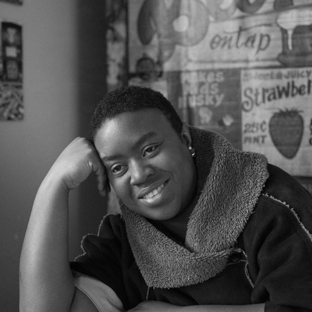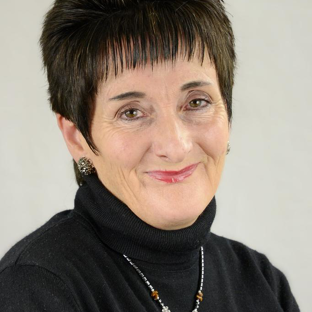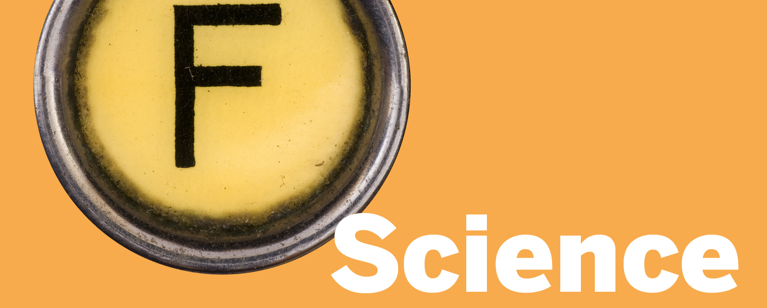Scientific research and development have helped arm the case for gender equality – and in some cases, advances in science have helped escape gender-based pigeonholes and restrictions. (Think: the development of The Pill and its role in women’s liberation.) But science can also work to entrench prejudice, with studies interpreted to back up long-held assumptions of inherent differences (and differing abilities) according to gender. And science is still largely dominated by men, despite recent efforts to encourage women into the field.
What are the experiences of women working in science? Is there a new generation of scientists interested in equality? And what are the concerns and focuses for feminists in science?
Tweet: #thefword
Featuring

Maxine Beneba Clarke
Maxine Beneba Clarke is the author of over fifteen books for adults and children, including the short fiction collection Foreign Soil, the memoir The Hate Race, and the picture books When We Say Black Lives Matter, ...

Kate White
Kate White is an internationally recognised researcher on gender and higher education. She is Adjunct Associate Professor at Federation University Australia and Co-director of the nine-country research consortium, the Women in Higher Education Management Network.
Her research focuses on gender and higher education, women’s academic careers and women in science.

Sharon Lewin
Leading infectious diseases expert, Professor Sharon Lewin, is the inaugural Director of the Doherty Institute, as well as a Professor of Medicine at The University of Melbourne and a National Health and Medical Research Council (NHMRC) Practitioner Fellow.
Professor Lewin is also the Chief Investigator of a NHMRC Centre of Research Excellence, The Australian Partnership for Preparedness Research on Infectious Diseases Emergencies, that aims to bring together Australia’s leading experts to address the key components required for an emergency response to infectious diseases.

Katie Mack
Dr Katherine (Katie) Mack is a theoretical astrophysicist who studies a range of questions in cosmology, the study of the universe from beginning to end. She currently holds the position of Hawking Chair in Cosmology and ...
